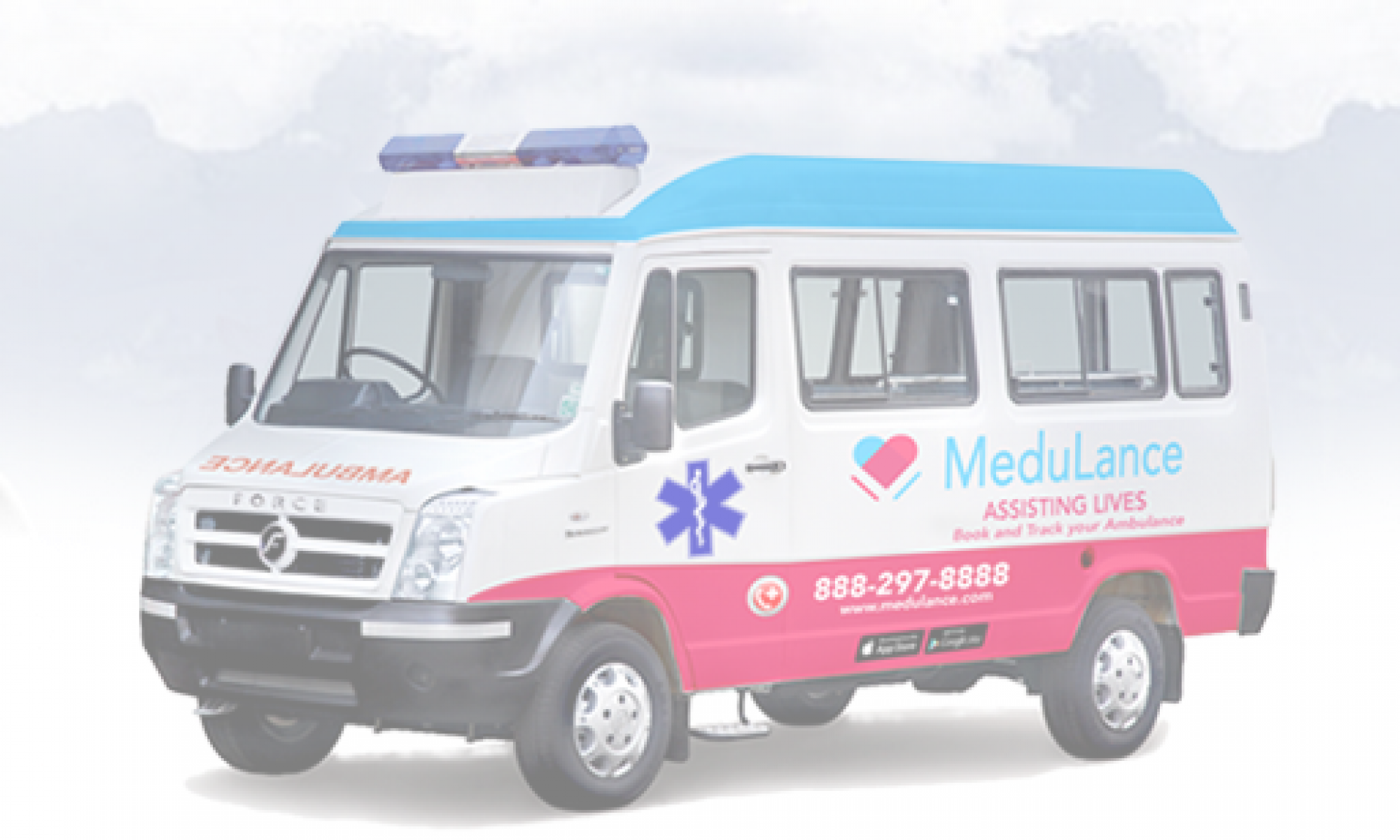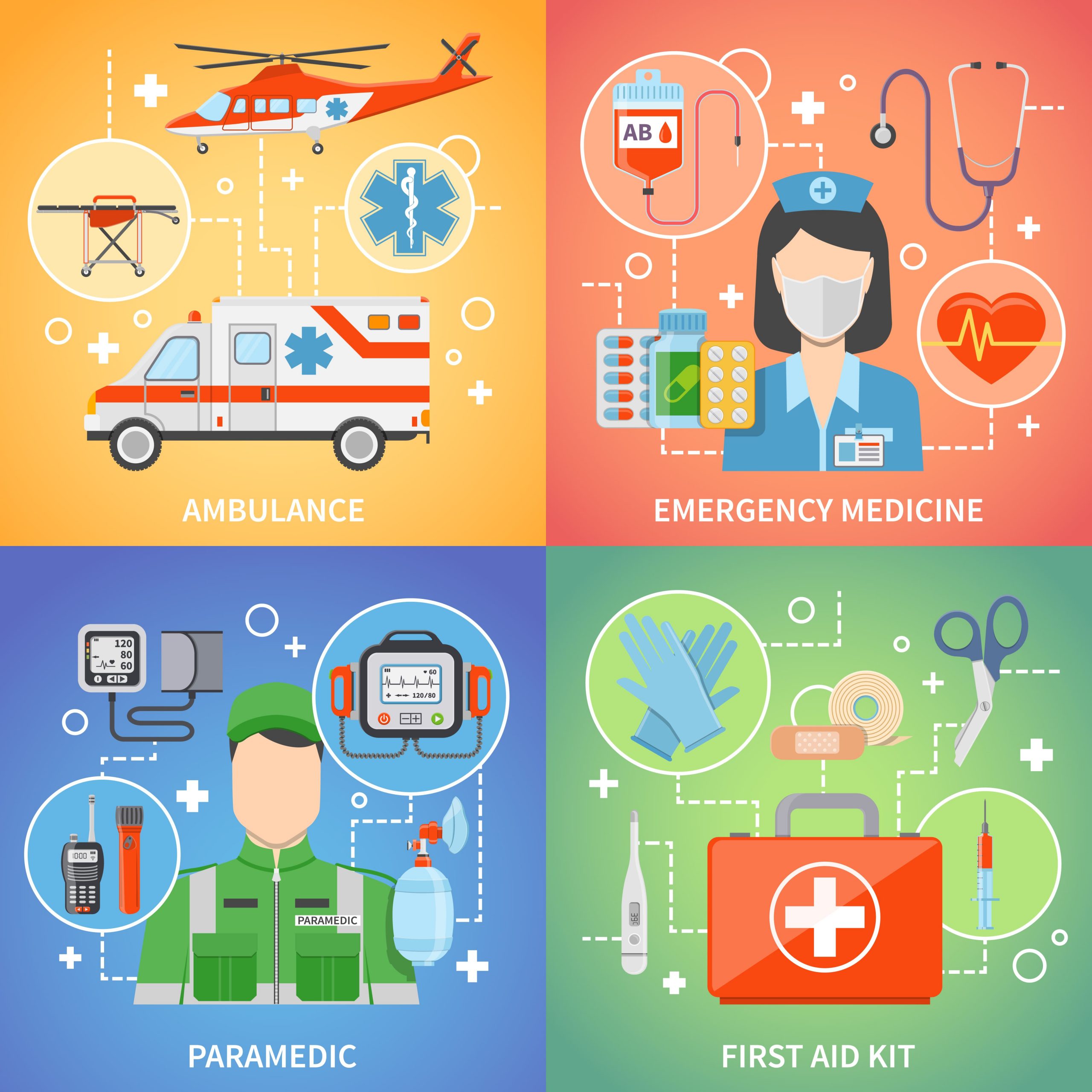Emergency medical services (EMS) play a vital role in providing care to patients in rural areas. Rural EMS providers often have to travel long distances to reach their patients, which can delay care. In addition, EMS providers in rural areas may not have access to the same level of resources as their urban counterparts. As a result, they must be prepared to deal with a wide variety of medical emergencies.
The role of EMS in rural health care is essential. EMS providers are often the first responders in medical emergencies and can make a difference between life and death.
Importance of Emergency Medical Services in Rural Areas
Emergency medical services (EMS) play a vital role in ensuring that people who live in rural areas have access to the health care they need. EMS providers are often the first responders to medical emergencies, and they play a critical role in providing care for patients who have been injured or who are experiencing a medical emergency.
EMS providers also play an important role in providing transportation for patients who need to be transported to a hospital or other medical facility for treatment. In many cases, EMS providers are able to transport patients to a hospital in a timely manner that can save lives.
EMS providers also play an important role in providing education and training to the community on how to respond to medical emergencies. They also work with local law enforcement and fire departments to ensure that they are prepared to respond to medical emergencies in the community.
Healthcare Challenges in Rural Areas When Compared to Urban EMS
There are many challenges that rural EMS providers face when compared to their urban counterparts. One of the biggest challenges is access to care. Many rural areas have a shortage of primary care providers, which can make it difficult for residents to get the care they need. This can lead to longer wait times for emergency services and higher rates of hospitalizations and death.
Another challenge is funding. Rural EMS providers often have to rely on donations and grants to keep their services running. This can make it difficult to maintain equipment and train staff. Additionally, insurance reimbursement rates are often lower in rural areas, which can further strain resources.
Rural EMS providers also face unique challenges when it comes to responding to emergencies. Roads in rural areas are often in poor condition, making it hard for ambulances to reach patients quickly. Additionally, weather conditions can make it difficult or even impossible for crews to reach patients in time.
Conclusion
Emergency medical services (EMS) play a vital role in providing access to care for rural residents. In many cases, EMS providers are the only health care professionals available in rural areas. EMS providers are trained to provide emergency medical care and transport patients to hospitals for further treatment.
EMS providers play a vital role in providing access to care for rural residents. In many cases, EMS providers are the only health care professionals available in rural areas. EMS providers are trained to provide emergency medical care and transport patients to hospitals for further treatment.
Patients who live in rural areas often face barriers to accessing health care. These barriers can include long distances to travel to see a provider, lack of transportation, and limited resources. EMS providers can help overcome these barriers by providing timely and accessible emergency medical care. In addition, EMS providers can connect patients with resources and referrals for follow-up care.
The role of Emergency Medical Services in rural health care is essential. EMS providers play a vital role in providing access to quality emergency medical care for rural residents.

